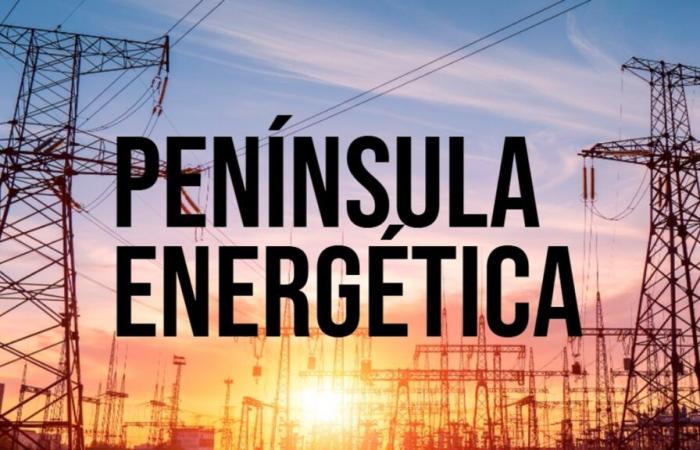Spain recovered this Monday the electricity supply after more than 12 hours of partial blackout thanks to a coordinated effort in which the energy interconnections with neighboring countries They played a key role. But the crisis has also served to expose a longly warned vulnerability by Brussels: the Iberian Peninsula remains practically isolated from the rest of the European electrical system.
According to data from Electric Red, only 2% From the energy that enters or leaves Spain through interconnections with the continent. Far from 10% that the European Union set as a goal by 2025 – and even more than 15 % planned by 2030. Only Poland and Cyprus, which is an island, are less interconnected than us.
Spain has three large exterior connections: a dense network with Portugal, two submarine cables that cross the Strait to Morocco – one of the main connections between Europe and Africa – and, above all, eight high voltage lines that link with France for the Basque Country, Aragon and Catalonia.
The latter were key so that the northeast of Spain was the first to recover the light after the ruling. This network will be added, in principle, From 2028, a new line in the Gulf of Bizkaia. But, for now, France is our only door to the rest of the continent. A narrow door, far from what would be considered a robust isthmus.
The problem is not new. Spain has been demanding an extension of the interconnection capacity for more than two decades. The European commitment dates from 2002but it is still not fulfilled. The great obstacle? France.
Paris It shows no interest in strengthening its connection with Spain for three reasons. First, because He doesn’t need it: It is already connected with six European countries, which guarantees energy support before any emergency. Second, For costs: The Bizkaia Gulf project is more than 400 kilometers of electric lines between terrestrial and submarine sections; The Catalan, more than 60 kilometers of tunnels below the Pyrenees.
And third, for commercial reasons: France sells its electricity, generated mostly in nuclear centrals, at higher prices than the Spanish renewable. Improving the connection would be to facilitate the cheapest energy entry, which would press its downward prices.
Meanwhile, Spain remains, for energy purposes, an island. An intermittently connected island by a fragile thread. An unsustainable model that threatens to repeat itself in each new emergency.






